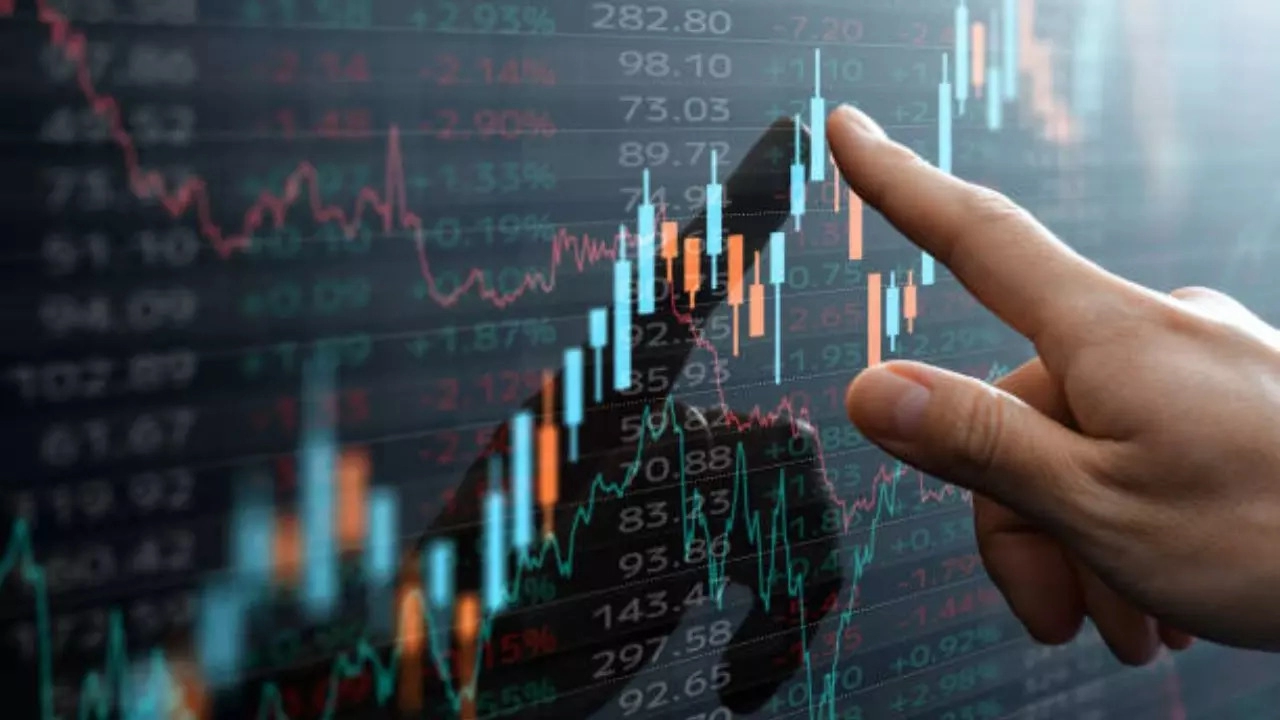Jared Siskin/Getty Images; iStock; BI
- Vice President Kamala Harris looks set to clinch the Democratic presidential nomination.
- Harris is the former attorney-general of California and has a long history with the tech industry.
- Here’s where she stands on AI, Big Tech, and crypto.
Kamala Harris looks set to win the Democratic presidential nomination after Joe Biden withdrew from the 2024 race on Sunday.
The Vice President is off to a flying start, raising a record $81 million and securing enough delegates to win the nomination within 24 hours of Biden dropping his reelection bid.
Harris is the former California attorney-general before becoming a senator in 2017 and has a long association with the tech sector.
Born in Oakland, she has roots and high-profile friends in the Bay Area. She reportedly attended former Facebook president and investor Sean Parker‘s wedding in 2013 and her brother-in-law, Tony West, is the chief legal officer for Uber.
While some prominent figures in Silicon Valley have called on techies to rally behind Trump and JD Vance, his former venture capitalist running mate, others have been quick to voice their support for Harris.
“The tech community must come together to defeat Donald Trump and save our democracy by uniting behind Vice President @KamalaHarris as the Democratic nominee for President,” Silicon Valley “super angel” investor Ron Conway said on X.
“I have known Kamala for decades, and she’s been a fighter, a leader, and an advocate for the tech ecosystem.”
Here’s where Harris stands on AI, Big Tech, and crypto.
Big Tech allies
Harris has a reputation as a pro-business politician.
She has close relationships with several influential Valley figures, including Laurene Powell Jobs, who’s worth more than $11 billion. Steve Jobs’ widow could play a role in Harris’ campaign, The New York Times reported.
REUTERS/Gus Ruelas
Harris has already been endorsed as a presidential candidate by LinkedIn cofounder Reid Hoffman and former Meta exec Sheryl Sandberg, who called her “the strongest candidate to lead our country forward.” Netflix executive chairman Reed Hastings also congratulated Harris in an X post on Tuesday, adding: “Now it is time to win.”
Box CEO Aaron Levie also told The Information he expected Harris to “turn around” some of the Biden administration’s missed opportunities to rally the tech industry behind the Democrats.
Harris has also shown she’s willing to take on influential tech CEOs. During her time as attorney-general, she tackled issues such as the distribution of explicit content on social media platforms, particularly “revenge porn.”
Fresh start for crypto?
Harris has yet to express a clear stance on crypto — but some in the Bay Area hope she could be a fresh start for the industry.
The Biden administration has increased its scrutiny over the sector following the collapse of FTX in 2022. Meanwhile, with support from pro-crypto running mate JD Vance, Trump announced he plans to be the first “crypto president.”
Nigel Green, CEO of financial company deVere Group, told Business Insider Harris’s views “reflect a cautious approach” to the sector. “This regulatory clarity could bring greater legitimacy to the industry, potentially attracting more institutional investors and mainstream adoption.”
Green said he expected Harris to become more pro-crypto to compete effectively with Donald Trump, but in the meantime “crypto investors are likely to still favor Trump at this point.”
AI safety with innovation
Harris has played an active role in the Biden administration’s approach to AI.
As Veep, she’s been warned of the potential risks AI poses and has hosted meetings with leaders at the forefront of advanced AI development.
Harris previously said she rejects the “false choice that suggests we can either protect the public, or advance innovation.”
Despite this, some VCs, such as Marc Andreessen had expressed concern that the Biden administration would over-regulate AI.
In 2023, Biden signed an executive order on “Safe, Secure, and Trustworthy Development and Use of Artificial Intelligence,” which set safety standards for AI researchers to follow. However, critics said the order provided little teeth for federal agencies, and Trump has vowed to overturn it.







